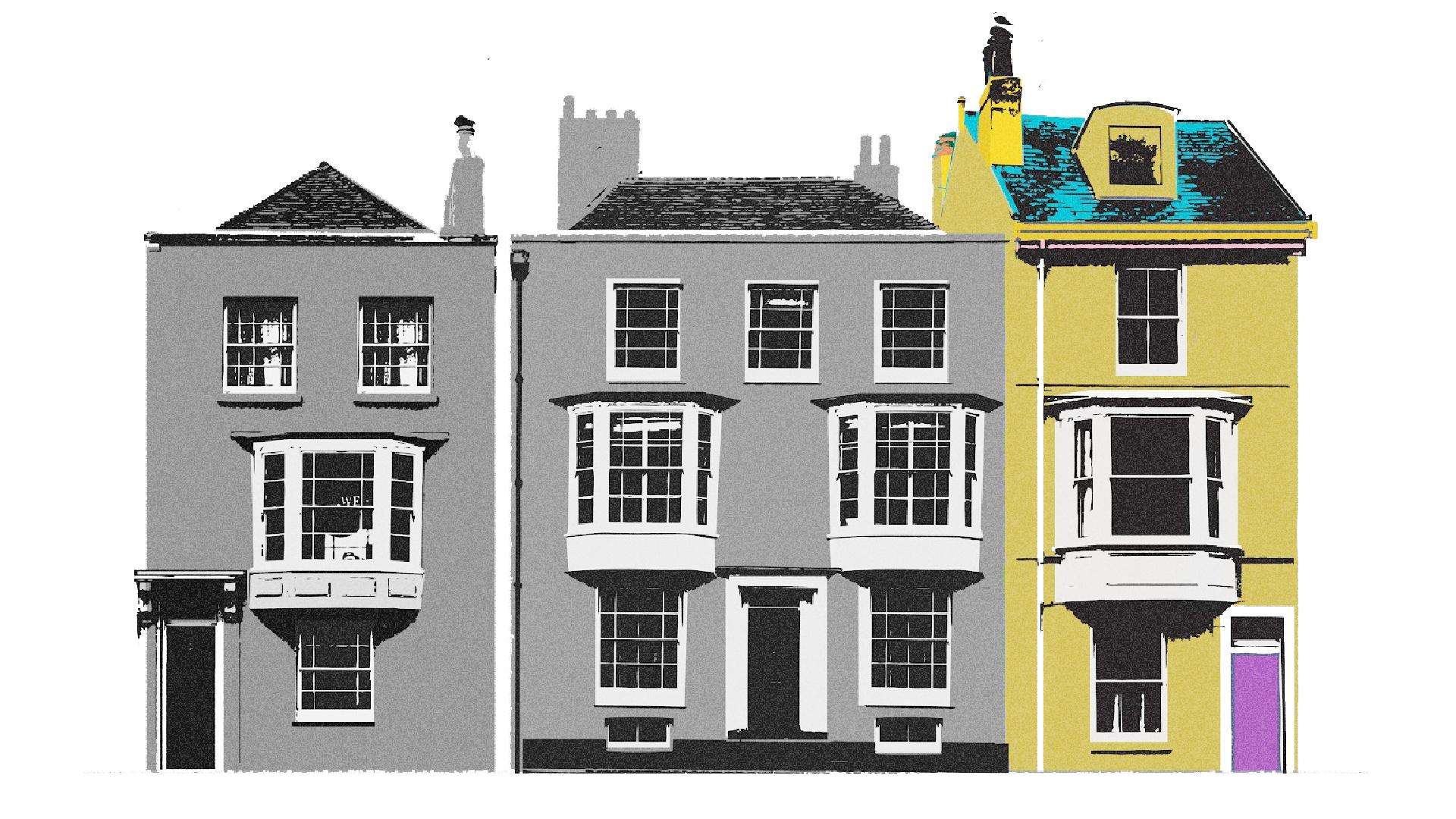It is always interesting to watch the debates that roil a nation. So far as I can see, the current debate in parliament mainly consists of trying to work out whether the NHS is competent enough to kill people or not. This week one of our greatest Home Office ministers – Jess Phillips MP – was asked about the question of ‘assisted dying’. She said that, naturally, she is in favour of this ‘progressive’ policy. But one qualm held back her support. In Phillips’s estimation the NHS is ‘not in a fit enough state’ at present to kill patients on demand.
Many people whose family members have gone through the NHS might beg to differ with Phillips on this point. In my own observation, as well as the evidence of neglect on care wards, cancer waiting times and much more, the NHS strikes me as being exceptionally well-placed to kill its patients. Many of them may not want to be killed, but it is an interesting argument to make: that the NHS is too busy killing people who don’t want to die in order to be able to perform the same service for people who do.
In any case, there must be things that the nation could fix its eyes on other than just killing us all off. One issue that springs to mind is why consecutive governments seem to have decided the end-ambition of Britain as a country is that immigration must remain at such historic highs that everything in the land must be covered with ugly new housing developments.
I was recently driving through a charming part of rural England. As far as the eye could see, ugly Barratt-style homes were being thrown up in order to satisfy the housing supply problem that this country un-arguably suffers from. Largely because if you have hundreds of thousands of new people arriving every year, you will have to build hundreds of thousands of new houses.
I decided to check the average house prices in the area. The sum was £460,000. I decided to check the average income in the area: around £30,000 a year. The uglier two-bedroom houses started at £360,000. So someone wanting to get on the housing ladder in this area would have to take out a mortgage worth around ten times the typical income to live in a carbuncle.
But since a young person starting out is unlikely to make the average income for some time, their mortgage would have to be much more than ten times their salary. They would also have to have saved up the capital to make some kind of downpayment on the property in the first place. And after paying the surprisingly high rents in the area, I am not by any means sure of how anyone could.
After that, I drove to see friends in another part of the country for the weekend. On the journey I was unsurprised to see that new houses lined the once pleasant country roads on both sides like dull sentries. Again I checked, and the median salary in this county ranges from around £31,000 to £36,000 per annum. Average property prices in the area were, once again, around ten times its average salary. Looking online for somewhere I would not much like to live, I found a fantastically ugly new prefabricated terraced house for sale (two bedrooms) for a mere £280,000. Though it does come with the attraction of two parking spaces, assuming you can afford two cars.
I just can’t see how any person in their twenties or thirties is expected to get on the property ladder
In truth, I just can’t see how any person in their twenties or thirties is expected to get on the property ladder in this country. People used to say: ‘Well, you can move out of London.’ And that’s true. But even far out of the capital, house prices are at an equally disheartening high.
Happily, there are some for whom justice in the housing market can still be found. The BBC this week ran a heart-rending story about a refugee family who had to move 60 miles in order to pursue their ‘one dream – a house’. The story described how a man called Moheand, his wife and children had made the journey from Africa to Northern Ireland hoping ‘to find a home’.
The BBC has reported on the family’s plight before. In September they told how one of the children was having to travel 70 miles to and from school every day after his family was moved from Belfast to Newry, Northern Ireland. The boy was still at school in Belfast and the daily commute was certainly suboptimal. But it transpired that the family had come to the UK from Sudan five years earlier and had been in Belfast while they waited for an asylum claim to be processed. They had also had to suffer a period in which they were put up at a hotel in Enniskillen and then a period in a holiday chalet in County Fermanagh. ‘All I want is to get a house, that’s all, beside my school,’ one of the family’s children told the BBC.
Now, in the latest update, the BBC reports that Moheand (speaking through a translator still, after five years in this country) said: ‘I want to know, this struggle, when is it going to end?’ The family were recently offered accommodation by the housing authority in Portrush, but they said they have never heard of this place before.
I would guess that if you polled 20- to 40-year-olds across the UK, most of them would also not have heard of Portrush. Yet I am sure that many of them would also be thrilled to be given a family-sized home there. But of course they do not have that option, because they have the disadvantage of having been born in Britain. And thanks to consecutive governments, their disadvantages pile up one upon the other.
Still, at least the younger generation can look forward to the period when Jess Phillips gets her dream. At which point it’ll be a toss-up as to which comes first: a starter home or euthanasia.









Comments